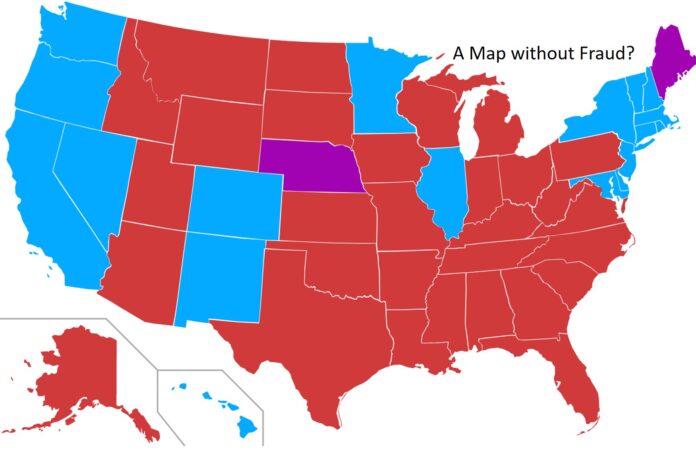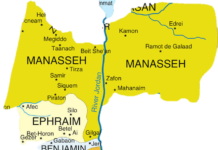“I testify that America is a choice land. (See 2 Nephi 1:5.) God raised up the founding fathers of the United States of America and established the inspired Constitution. (See D&C 101:77–80.) This was the required prologue for the restoration of the gospel. (See 3 Nephi 21:4.) America will be a blessed land unto the righteous forever, and is the base from which God will continue to direct the worldwide latter-day operations of His kingdom.” (See 2 Nephi 1:7.) “Ezra Taft Benson,” in Latter-day Prophets and the United States Constitution, ed. by Donald Q. Cannon (Provo, Utah: Religious Studies Center, Brigham Young University, 1991), 163–210.

Book of Mormon Stories Chapter 33
KING-MEN VERSUS FREEMEN
Some Nephites wanted the chief judge, Pahoran, to change some of the laws. Alma 51:2–3
When Pahoran refused, the people became angry and wanted to remove Pahoran as chief judge. They wanted to have a king, not judges. Alma 51:3–5
Called king-men, they hoped that one of them would become king and have power over the people. Alma 51:5, 8
The Nephites who wanted to keep Pahoran as chief judge were called freemen. They wanted to be free to live and worship as they chose. Alma 51:6
The people voted between the freemen and the king-men. Most of them voted for the freemen. Alma 51:7
At the same time, Amalickiah was gathering a large army of Lamanites to attack the Nephites. Alma 51:9
When the king-men heard that the Lamanites were coming, they were pleased and refused to help defend their country. Alma 51:13

Captain Moroni was angry with the king-men for not fighting. He had worked hard to keep the Nephites free. Alma 51:14
He asked the governor for the power to make the king-men either fight the Lamanites or be put to death. Alma 51:15
When the governor, Pahoran, gave Moroni this power, Moroni led his army against the king-men. Alma 51:16–18
Many king-men were killed; some were put into prison. The rest agreed to help defend their country against the Lamanites. Alma 51:19–20
Freemen or King-men today?
Are we seeking to be Freemen or King-men today? I know our Constitution was founded on never having a King, and secured in our God given rights of Life, Liberty, and Property. (Happiness). If Men made the laws men could enforce them against us. Liberty means happiness, Freedom without Liberty means a tyrannical government.
If the Democrats continue to erode our constitution by taking away free speech, freedom of religion, our right to bear arms, allowing abortion, continually allowing illegals to cross our border, higher taxes, globalization, changing our history, etc, then we are bound to lose the Freemen status of the Book of Mormon.
I am a lifelong Conservative. I use to think I was a Republican, but that party has left me long ago. I thought maybe I fit in as a Libertarian, but that has never been a consideration. I grew up with my parents loving John Kennedy. Back then I didn’t care. I’m an even more staunch Conservative today more than ever. I’m a Freeman.
I voted for Trump as he seemed like the one who was most likely to get things done. I was worried he may become a Democrat and he may push abortion, but I was thankfully wrong. Trump has been the best President in my lifetime by far. Even a few notches above Reagan. I wouldn’t like Trump as my Bishop and I don’t look to him for spiritual advise, but he is a man of his word and a hard worker and he loves America and Americans. He has done more for minorities than anyone ever and he loves Israel. He protects the border, supports are right to bear arms, wants smaller government. He must be a good man since those who hate conservatives (Kingmen?) have been trying to get rid of him for 5 years. The more the Progressives hate Trump, the more I support him. There are always two sides and I don’t believe most Democrats are on the right side. There are probably in my opinion 20% of either side I respect. I believe 80% of our government is in it for themselves. We are getting further from the Freemen status of the Book of Mormon.
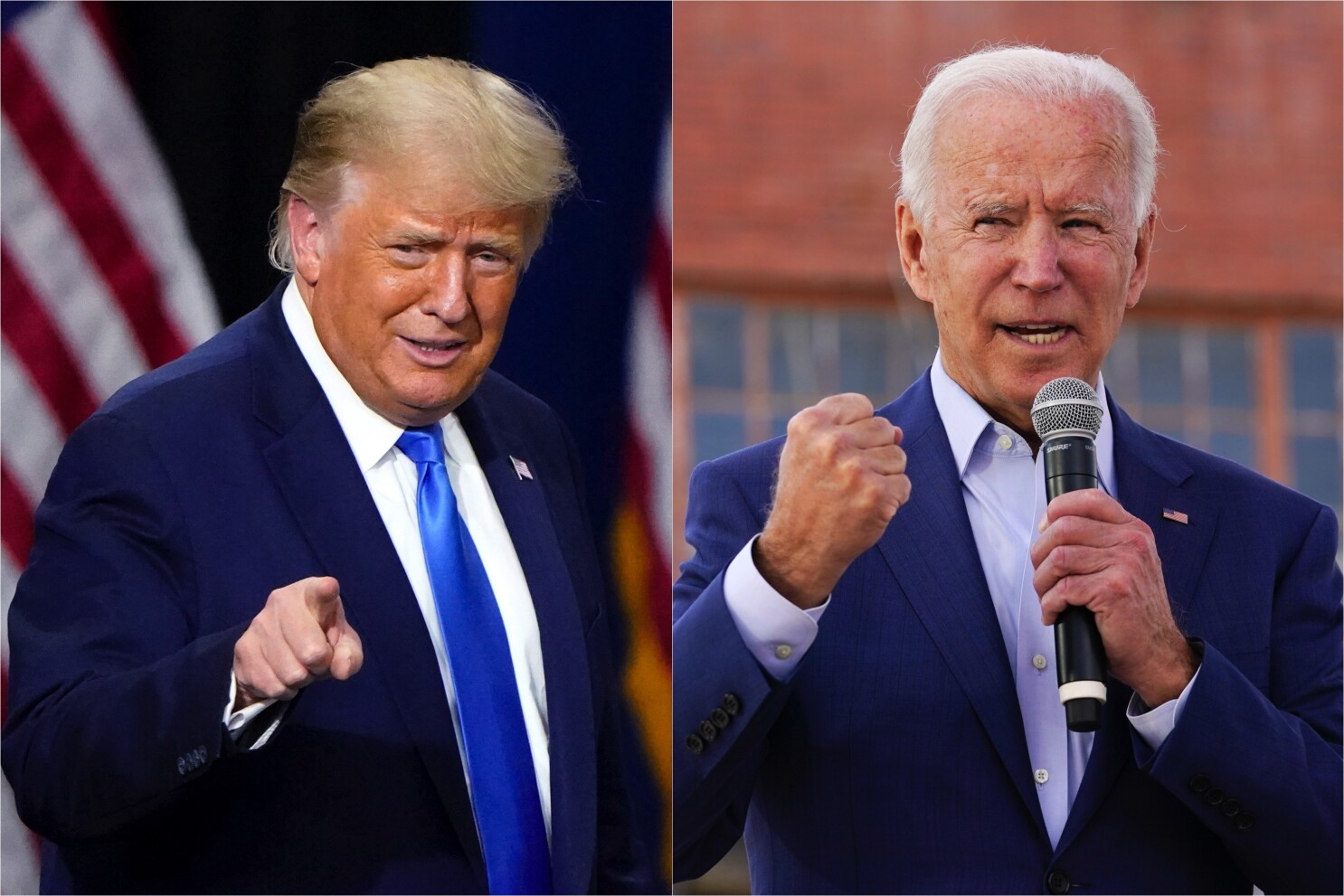
Many people ask me why I spend time on talking politics, when this is a Book of Mormon blog. The Book of Mormon is full of politics and we can’t run from it. We must hold up our rights and live how the Lord explains in the Book of Mormon. By the way who wrote our Constitution? Not Adams, or Jefferson, nor Washington, the Lord wrote our Constitution.
“And for this purpose have I established the Constitution of this land, by the hands of wise men whom I raised up unto this very purpose, and redeemed the land by the shedding of blood.” D&C 101:80
SL Temple Dedication
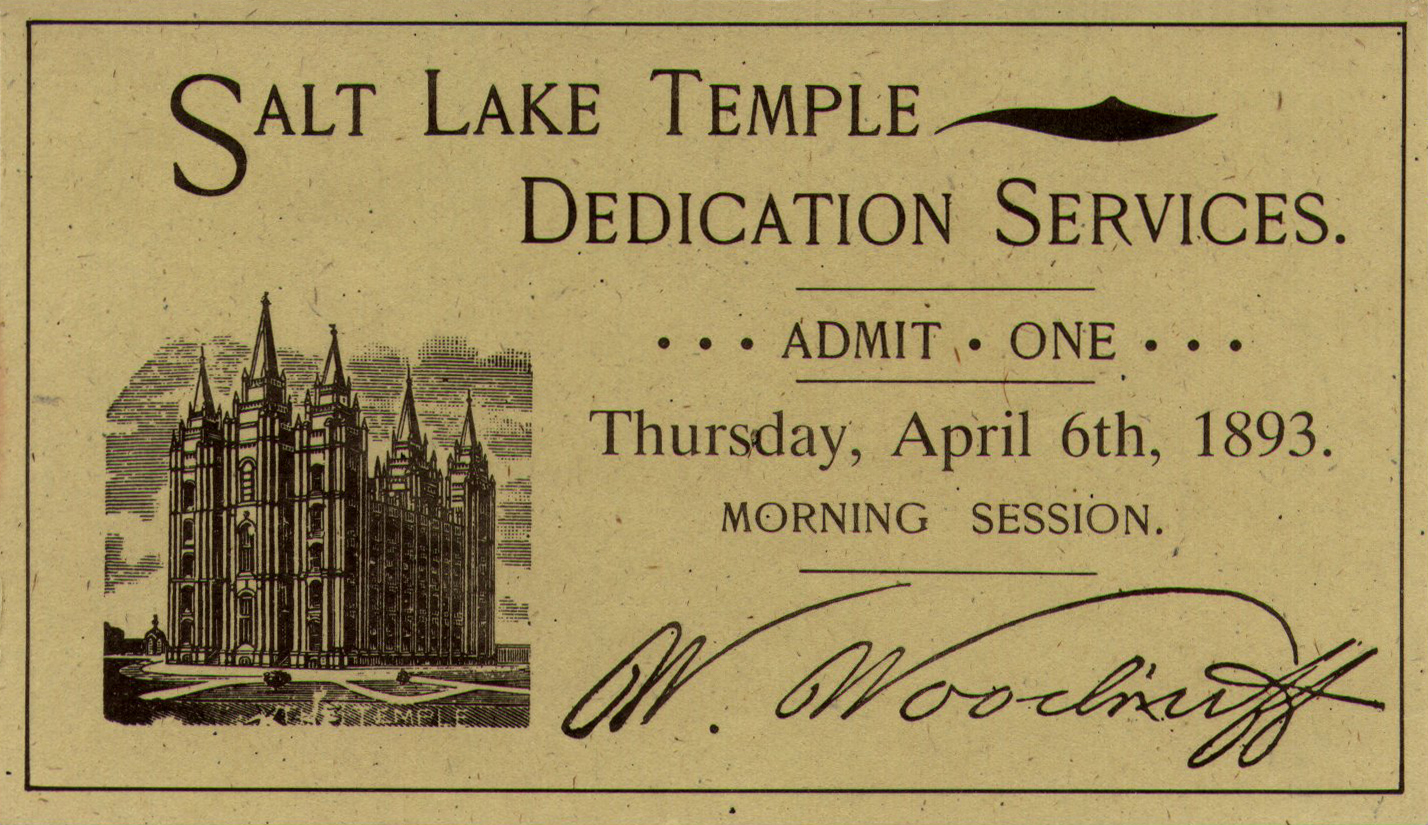
“We thank Thee, O God of Israel, that Thou didst raise up patriotic men to lay the foundation of this great American government. Thou didst inspire them to frame a good constitution and laws which guarantee to all of the inhabitants of the land equal rights and privileges to worship Thee according to the dictates of their own consciences. Bless the officers, both judicial and executive. Confer abundant favors upon the President, his Cabinet, and Congress. Enlightened and guided by Thy Spirit may they maintain and uphold the glorious principles of human liberty. Our hearts are filled with gratitude to Thee, our Father in heaven, for Thy kindness unto us in softening the hearts of our fellow citizens, the people of this nation, toward us. That which Thou hast done has been marvelous in our eyes. We thank Thee that Thou didst move upon the heart of the President of our nation to issue a general amnesty. Thou hast removed prejudice and misunderstanding from the minds of many of the people concerning us and our purposes, and they are disposed to treat us as fellow citizens, and not as enemies. In this holy house we feel to give Thee glory therefore, and we humbly ask Thee to increase this feeling in their hearts. Enable them to see us in our true light. Show unto them that we are their friends, that we love liberty, that we will join with them in upholding the rights of the people, the Constitution and laws of our country; and give unto us and our children an increased disposition to always be loyal, and to do everything in our power to maintain Constitutional rights and the freedom of all within the confines of this great Republic.” Wilford Woodruff Dedication of the SL Temple https://www.churchofjesuschrist.org/temples/details/salt-lake-temple/prayer/1893-04-06?lang=eng
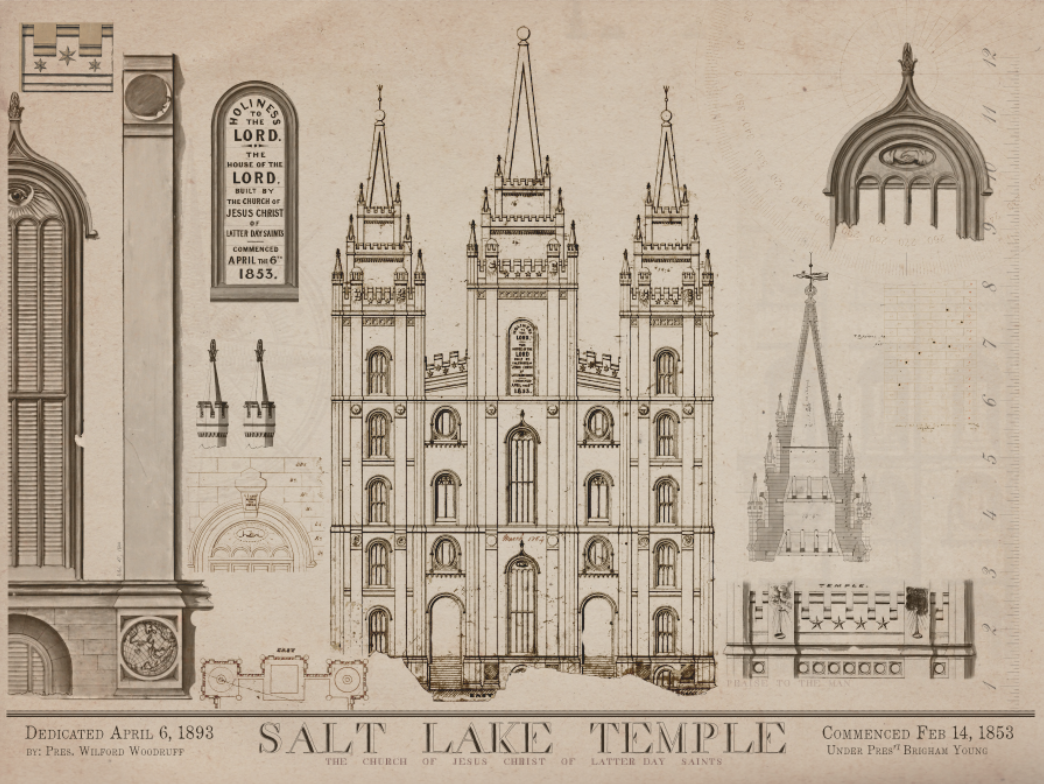
Our Constitution will stand as promised and I pray that Trump will be a continual part of helping us. I do know however the Lord is in control and we shall not fear!
“When the Constitution is on the brink ruin, this people will be the staff upon which the nation will lean and they shall bear the Constitution away from the very verge of destruction”. Joseph Smith, 416, July 19, 1840. J.S. Collection, LDS Historical Dept
President Elect?
It seems a long time ago that former Vice President Biden began calling himself President Elect Biden. According to our constitution however we don’t have a President elect until the Elector votes are opened and read by the current Vice President, which will happen this Wednesday Jan 6th, 2020. You say it is just a formality, I say there is still hope for a President Trump!
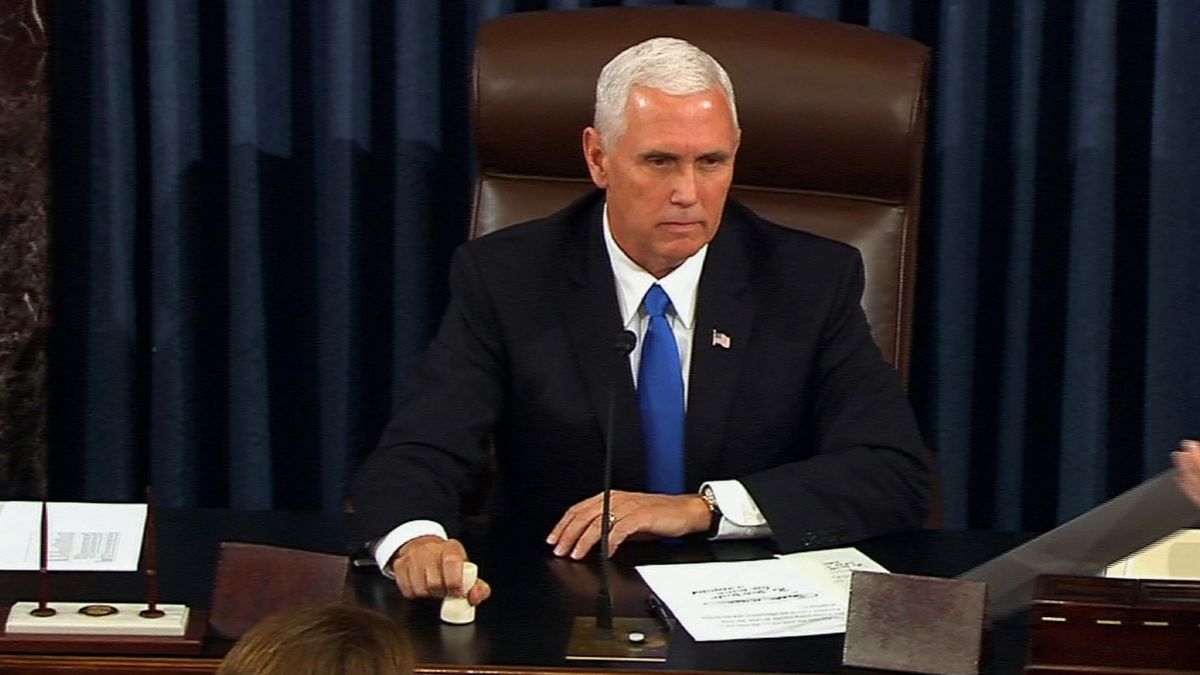
Vice President Pence will preside at a joint House of Congress on Jan 6th, and with one state at a time VP Pence will open and read the number of electors submitted, state by state beginning with Alabama. After each states votes are opened and read, there has to be an agreeable vote by the house and senate who are in attendance. If any (1) member of the House of Representatives objects to the votes of that state or feels there is a legal reason those votes shouldn’t count, they may oppose. Then at least (1) member of the Senate must agree to oppose with at least (1) congressman. If that happens then the House and Senate each adjourn to separate rooms and have no more than a 2-hour debate if the electors will count or not for that State. At the end of that debate the House and Senate both take a vote. Both the House and Senate must agree by majority vote in favor of the electors of that State to be counted. Pence will then count the States votes. The first man to reach 270 electoral votes becomes the President of the United States. If neither one receive 270 then a vote amongst the states will determine the new President.
In other words each State has a House and a Senate and the majority vote gets one vote towards the President they choose.. You need 26 State votes to decide on a President. Right now the Republicans in the country hold 30 of the 20 State houses. There is hope for Trump!
When States submitted their certified votes on Dec 14th, there were 7 states who submitted a Republican slate of votes and a Democrat slate of votes. These States are Arizona, Nevada, Pennsylvania, Georgia, Michigan, New Mexico and Wisconsin.
Because of allegations of fraud and misconduct in these 7 states, they each submitted two sets of elector slates just in cast the debates went in the way of the Republicans. Vice President Pence would then open the appropriate slate of electors who he deemed to be the winner basde on the previous debate.
Remember also the President of the United States will not be sworn in until Jan 20, 2020, so between now and then other adjudication may happen. We may see other judges agreeing with voter fraud before Jan 20th.
There have been about 4 court cases prepared by the White House and submitted to a lower court Judge or the Supreme court, and so far no court has allowed the Whitehouse to even look at their case. In other words they have not even looked at any evidence and dismiss it before they even look at it. What happened to our George Washington’s and Thomas Jefferson’s who were honorable Statesman and would not even look at the morality of a case and didn’t worry about how the politics would look. Sadly most of our Republicans and nearly all Democrats think more as politicians than as statesman to save our Constitution.
Supreme Court Chief Judge John Roberts was overheard with other judges speaking loudly, to not take up the White Houses case because it would be hard and messy and we may have riots. This it not a Statesman, but a selfish man trying to save the face of his court. We have Mitt Romney and Jim Toomey and other Republicans saying, “there was no fraud”. That really means they haven’t come down off their high horse to even look at the blatant fraud that 74 million who voted for Trump can see.
A wonderful summary of all the fraud is written by Peter Navarro Trump’s Trading Advisor, but he has written it as a private citizen is below.
THE IMMACULATE DECEPTION:
Six Key Dimensions of Election Irregularities
Article Here and Here
PDF Here

The USA is the Choice Land of the Book of Mormon
“The Lord gave a divine promise to the ancient inhabitants of this favored country (the United States): ‘Behold, this is a choice land, and whatsoever nation shall possess it shall be free from bondage, and from captivity, and from all other nations under heaven, if they will but serve the God of the land, who is Jesus Christ” (Ether 2:12). “Our Heavenly Father inspired the leaders of…the United States of America, that they might together, under His direction, having been raised up by God for the purpose, establish the Constitution of this country and…Bill of Rights, that by the year of our Lord 1805 [there would be] a climate where our Heavenly Father could send into this period of mortality a choice spirit who would be known as Joseph Smith, Jr.” 2011 President Thomas S. Monson (ordained an Apostle, 1963; ordained President of the Church, 2008)
“I would that all men could believe in the destiny of America as did the early pioneers: that it is the land of Zion; that the founders of this nation were men of inspired vision; that the Constitution as written by the inspiration of heaven must be preserved at all costs. “I make a further plea that the citizens of this favored land live righteously that they might enjoy the fruits of their righteousness in this land of promise.” Let Not Your Heart Be Troubled Gordon B. Hinckley of the Quorum of the Twelve Apostles Oct. 29, 1974 • Devotional
The map below shows a tally at the top 306 to 232 for Biden is the final count before fraud is evaluated. Trump only needs 3 states to flip to his side to win. (I think the best possibility is in PA, GA, and AZ. That would give Trump 275 and Biden 265. Trump would win.

The article below is written by Robert Levy an honorable man who can explain what’s coming up in better legal jargon than I can.
Presidential Elections: A Primer
By Robert A. Levy
Bio: Robert A. Levy is chairman of the board of directors at the Cato Institute. He joined Cato as senior fellow in constitutional studies in 1997 after 25 years in business. Levy is also a director of the Institute for Justice and the Foundation for Government Accountability. He received his PhD in business from the American University in 1966.
“This primer is a step-by-step recap of the procedures associated with our remarkable 2020 election. I do not address the politics of the matter, except to comment on the politically-charged debate between advocates for our electoral college and advocates for a national popular vote.
1. What dates are critical when we elect the president?
The presidential election of 2020 was set by federal statute to occur on November 3. Although the candidates’ names are on the ballot, we actually vote for electors who in turn are pledged to vote for each candidate. Then, the electors meet and vote – in 2020, on December 14 – in each state. Those ballots go to Congress, which finalizes the outcome on January 6, 2021, after which the president is inaugurated on January 20.
2. How are the electors appointed?
Article II of the U.S. Constitution provides that “Each State shall appoint [electors] in such Manner as the Legislature thereof may direct.” Of course, the appointment process must be established before the election occurs. All 50 states have opted to choose electors by popular vote. Congress can challenge the electoral outcome in one or more states, but presumably won’t do so if the vote count in the state is certified by state election officials at least six days prior to the electoral college meeting on December 14. In the 2020 election, all the vote counts except Wisconsin’s were certified; and even in Wisconsin, there was no indication of any basis for a congressional challenge.
3. What happens if Congress challenges a slate of electors, or there’s more than one slate that claims legitimacy?
The Electoral Count Act of 1887 requires Congress to consider any “papers purporting to be certificates of the electoral votes.” If one slate has been certified, Congress will accept that slate. If there are multiple slates, none of which has been properly certified, Congress must choose. Congress will also intervene if at least one House member and one Senator object to a state’s electors. In choosing a slate, both Houses must agree. If there’s no agreement, the Act says that Congress must select the slate (if any) that has been approved by the “state executive,” who is the governor in most states. If there’s still no resolution, none of the electors would be counted. In 2020, the slates in all of the contested states were approved by the governor.
4. What would happen on January 6th if there were a Joe Biden slate and a Donald Trump slate from one or more states?
The House, controlled by the Democrats, would no doubt pick the Biden slate. The choice in the Senate is less certain. On January 6, the new Senate will comprise 48 Democrats and 51 Republicans. (The David Perdue-Jon Ossoff runoff in Georgia on January 5 won’t yet be certified. Kelly Loeffler, the other Georgia senator, will be seated because she was appointed to replace a retiring senator until a permanent successor could be elected.) So, it would appear that Republicans would have the edge in the Senate; but a number of Republican senators – e.g., Mitt Romney, Susan Collins, Lisa Murkowski, and Ben Sasse – have already congratulated Biden and might therefore select his slate of electors instead of Trump’s. Other Republican senators might well join them.
5. Suppose neither candidate wins a majority of electoral votes.
Currently, the electoral count is Biden 306 and Trump 232. To produce a 269-269 tie, 37 electoral votes must be switched from Biden to Trump. The 12th Amendment says if neither candidate wins a majority (270) of electoral votes, the House will elect the president. Each state gets one vote and it would take 26 votes to win. Republicans in the House will control 26 or more states on January 6.
6. President Trump wanted certain states to reject the Biden electors and choose a Trump slate instead. Would that have been legal?
There’s some dispute about the legislature’s power to do that – especially because the process would not have been established prior to the election. It’s highly unlikely that a state legislature could simply reverse the results of the popular vote without compelling reasons. The election infirmities that Trump alleged were considered by more than 80 judges, election boards, governors, and secretaries of state from both political parties. Not a single authority determined that extraordinary irregularities existed – certainly none that would overturn the results of the 306-232 electoral vote. In fact, the president’s own Cybersecurity and Infrastructure Security Agency, which is overseen by the Department of Homeland Security, released a statement declaring that the “November 3rd election was the most secure in American history. …There is no evidence that any voting system deleted or lost votes, changed votes, or was in any way compromised.” Even Attorney General William Barr concluded that he had “not seen fraud on a scale that could have effected a different outcome in the election.”
7. What can be done if an elector votes for someone other than the candidate to whom he is pledged?
So-called faithless electors have cast 165 votes, but their votes have never affected the presidential outcome. Currently, 33 states and the District of Columbia have laws requiring good faith, with varying remedies for electors who don’t honor their commitment. Some states punish the elector; some states void their vote; some states substitute a different elector. This past year, inChiafalo v. State of Washington and Colorado Department of State v. Baca, the Supreme Court ruled 9-0 that each state can punish or replace presidential electors who don’t support the winner of the state’s popular vote. But the state isn’t compelled to do that; and 17 states have no such laws.
8. Turning to the debate over the electoral college versus popular voting: Why shouldn’t a national majority vote determine the presidential outcome?
In the United States, majorities rule.But there are limits. For example, the Constitution sets out certain unalienable rights, such as free speech, that majorities can’t take away. The Founders instituted a plan whereby in limited areas majorities would be authorized by the Constitution to rule. But we don’t vote to determine if you’re allowed to exercise your religious beliefs; and the federal government can’t compel a state to criminalize marijuana, even if a super-majority of Americans nationwide want marijuana to be illegal.
The electoral college is one more exception to majority rule. It’s set forth in the Constitution and designed, in part, to reinforce the institution of federalism – i.e., dual sovereignty with power divided between the federal and state governments to check them from violating individual rights. The Constitution would not have been ratified if the least populous states, and their voters, had not been protected against dominance by the most populous states.
9. From a libertarian perspective, how have majorities sometimes abused their power?
The Framers understood that pure democracy, if not constrained, can lead to suppression of minority rights. Temporal majorities in the United States have shut down speakers on our campuses, prevented homeowners in some cities from defending themselves with a handgun, forced religious business owners to provide birth control to their employees, granted racial preferences in college admissions, monitored every phone call in the nation, destroyed homes to provide land for private developers, confiscated an innocent person’s car because it was used in a crime, incarcerated minor drug offenders for decades, barred Uber drivers from offering superior taxi service – and let’s not forget slavery, Jim Crow laws, internment camps for Japanese Americans, military responses to imagined crises, and imperial wars in the name of exporting democracy. Those policies, unless and until they were checked by our courts, were supported by popular majorities. Fortunately, the electoral college was one – albeit insufficient – way by which the Framers intended to curb majority rule.
10. How do we determine the number of electors for each state?
Under our system for electing presidents, each state gets a number of electoral votes equal to the number of its representatives in the House, which depends on the state’s population, plus two additional electoral votes for the state’s two senators. Obviously, that departure from one-man-one-vote favors the smaller states. As noted, the tilt was necessary to get the less populous states to ratify the Constitution.
Currently, there are 435 members of the House and 100 senators, which means 535 electoral votes. In addition, the 23rd Amendment gave three electoral votes to Washington, DC; so, there are a total of 538. The presidential candidate who gets a majority of electoral votes – 270 or more – wins, even if that candidate does not get the most popular votes. That’s what happened in the George W. Bush versus Al Gore election of 2000 and the Trump versus Hillary Clinton election in 2016. Partly because of those elections, there’s been a concerted effort, mostly from the left, to restore popular voting instead of electoral votes as the method of electing presidents.
11. How are a state’s electoral votes divided among the presidential candidates?
Article II of the U.S. Constitution gives states broad authority to decide how their electoral votes are to be divided among the candidates. In 48 states, the candidate who gets the most votes in the state wins all of the state’s electoral votes. But the Constitution doesn’t require that rule. In Maine and Nebraska, two electoral votes go to the statewide winner, and one electoral vote goes to the winner in each congressional district. That’s much closer to proportional voting instead of winner-take-all.
12. How can winner-take-all be reconciled with the notion of one-man-one-vote?
Political outcomes are not always determined by one man, one vote. For example, it takes three-fourths of the states to ratify constitutional amendments; two-thirds of Congress to override presidential vetoes or expel a congressman; and two-thirds of the Senate to approve treaties or impeach the president.
Under winner-take-all, candidates will ignore states when they have little chance of winning the state’s popular vote – even if there are districts within the state that favor the candidate. But that problem can be fixed without resort to pure popular voting. The Maine and Nebraska alternative – because it awards electoral votes district by district – encourages candidates to campaign even in those states they might have ignored because they were so far behind in statewide polling.
13. What’s the problem with pure popular voting, nationwide?
Pure popular voting promotes sectionalism. Candidates will pay attention almost exclusively to areas where there’s a high density of voters. Consequently, popular voting favors cities over rural areas, and large states over small. It also increases the number and influence of marginal political parties that have little chance to win electoral votes. If no candidate gets a majority of popular votes, that could mean either expensive and time-consuming runoff elections, or a willingness to declare that winners don’t need a majority. But do we really want to elect a president if he’s won only, say, one-third of the popular vote, with the rest divvied up among numerous other candidates? If the answer is “no,” runoffs might be required (or rank-order voting, which is a topic for another day).
14. On balance, should we implement a national popular vote or continue with the electoral college?
On balance, I’d leave the electoral system alone. But I’d favor states adopting the Maine and Nebraska proportional voting scheme. The effect would be to curb inequities of a winner-take-all system, while preserving representative government and ensuring that the states continue to check federal power.
I note one downside, however: Currently, under winner-take-all, presidential elections in 48 states are not affected by gerrymandered districts. Proportional voting would reinstitute that risk – making it imperative that we first find a solution to the gerrymandering problem.

15. What about the National Popular Vote Interstate Compact [NPVIC], which purports to be a way of bypassing the electoral college without a constitutional amendment?
A group of activists came up with a popular voting scheme that might work without amending the constitution. Assume that a state enacts a law giving all its electoral votes to the presidential candidate who wins the national popular vote, regardless of the outcome within the state itself. And assume further that the state law says it won’t be effective unless enough other states pass the same law to yield a total of at least 270 electoral votes – the number needed to win the presidency. That scheme would force a majority of electoral votes to be cast for the winner of the national popular vote. (As this is written, 15 states plus the District of Columbia, with 196 electoral votes, have adopted that statute. Seventy-four electoral votes to go.)
16. Does the NPVIC pass constitutional muster?
I don’t believe so. The Constitution imposes at least two major roadblocks. First, there’s the Compacts Clause of Article I, Section 10: “No State shall, without the Consent of Congress, … enter into any Agreement or Compact with another State.” That clause mandates congressional consent, perhaps not for every interstate compact, but at least for those that compromise the dual state-federal scheme envisioned by the Framers. Most likely, senators from non-signatory states would withhold consent – especially senators from less populated states with significantly diminished electoral clout if the NPVIC were to become operative.
Second, there’s Section 2 of the 14th Amendment, which provides in relevant part: “[W]hen the right to vote at any election for the choice of electors for President … is denied to any of the male inhabitants of such State, being twenty-one years of age, and citizens of the United States …, the basis of representation [in Congress] shall be reduced in the proportion which the number of such male citizens shall bear to the whole number of male citizens 21 years of age in such State.” That provision suggests that any state repudiating the votes of its 21-year-old male citizens would be denied congressional representation. Even if a legislature were to choose the same electors as, say, 45 percent of the qualified voters, all of the qualified voters would be disenfranchised. That’s because the franchise is about the right to choose, and not about the choice itself. As a result, the legislature would surely not select electors by any process other than the individual ballots cast.
17. Doesn’t Article II of the U.S. Constitution leave the method of choosing electors up to the states?
Yes, it does. Article II would allow the state to decide, in advance, that electors would be chosen by, say, the governor. But once the state opts to hold an election, if the state later overrides the voters’ choice – as the NPVIC would do – then the 14th Amendment might be triggered, and the state could be subject to loss of congressional representation. To be sure, the intent of Section 2 was to encourage states to enfranchise black Americans. As a practical matter, Section 2 was never invoked against those states that denied black Americans the right to vote. In fact, two years later, Section 2 was obviated by the 15th Amendment, which guaranteed all races the right to vote. And later amendments have enfranchised women and 18-year-olds. Nonetheless, Section 2 of the 14th Amendment has not been repealed.
18. Would a state have lost congressional representation if it had accommodated President Trump’s desire for the legislature to ignore the popular vote and appoint Trump electors?
If the state legislature acted before it authorized individual ballots, then Section 2 of the 14th Amendment would not apply, because no voter would have been disenfranchised. Voters do not have a right to vote for presidential electors unless the state confers such a right by statute. But if individual ballots had been authorized by statute and properly cast, as in the 2020 election, then nullification of the votes by the legislature might conceivably risk loss of congressional representation. Still, courts would undoubtedly recognize that the legislative override was a one-time occurrence, and not the permanent policy of the state. Under such circumstances, the invocation of a never-before-used provision of the 14th Amendment would be extraordinary.” Presidential Elections: A Primer
By Robert A. Levy https://www.cato.org/blog/presidential-elections-primer

Ben McClintock is co-founder of the leading local organization working to educate citizens on the principles of liberty and to expose those conspiring to take away your freedom. (They are also expanding into other states).
“Ben has been featured in USA Today, Fox News and many other regional news papers throughout the west. He is the co-founder, membership coordinator and investigative reporter for DefendingUtah.org. Ben is a popular guest and regularly appears on radio programs throughout the state of Utah due to over 15 years of experience in original research, writing, speaking and organizational leadership. Ben is also a regular host on the Defending Utah Radio show, as well as a regular guest host other radio shows throughout the state.” https://youtu.be/CaiQxxJxJsE
President Ballard pleads with Latter-day Saints to ‘pray for this country’ as United States is at ‘another crossroad’ Church News Sunday, Oct. 20, 2019

“I plead with you this evening to pray for this country, for our leaders, for our people, and for the families that live in this great nation founded by God… this country was established and preserved by our founding fathers and mothers who repeatedly acknowledged the hand of God through prayer… We must stand boldly for righteousness and truth, and must defend the cause of honor, decency, and personal freedom espoused by Washington, Madison, Adams, Lincoln, and other leaders who acknowledged and loved God… We must stand boldly for righteousness and truth, and must defend the cause of honor, decency, and personal freedom espoused by Washington, Madison, Adams, Lincoln, and other leaders who acknowledged and loved God… Please look for the Lord’s hand in your lives and in the lives of your family, as I do in the lives of my ancestors and family,” he said. “Expect it. Do not dismiss it. Do not relegate the experiences in your lives to coincidences. From the signing of the Declaration of Independence in July 1776 through the signing of the U.S. Constitution in September 1787, the “wise men” whom the Lord “raised up unto this very purpose… As an apostle of the Lord Jesus Christ, I have a solemn duty to face the Lord and deliver His message,” said President Ballard. “His words often include words of encouragement and expressions of love. They also include words of warning. America and the nations of the earth, as in times past, “are at another crossroad… Let it begin today that we take leadership and reach out in our own prayers and encourage our neighbors, our friends, our families … to pray for this country that we all love much.” President Ballard pleads with Latter-day Saints to ‘pray for this country’ as United States is at ‘another crossroad by Sarah Jane Weaver church News. Link here: https://www.thechurchnews.com/leaders-and-ministry/2019-10-21/pray-for-the-united-states-its-leaders-and-its-family-president-ballard-pleads-164797

